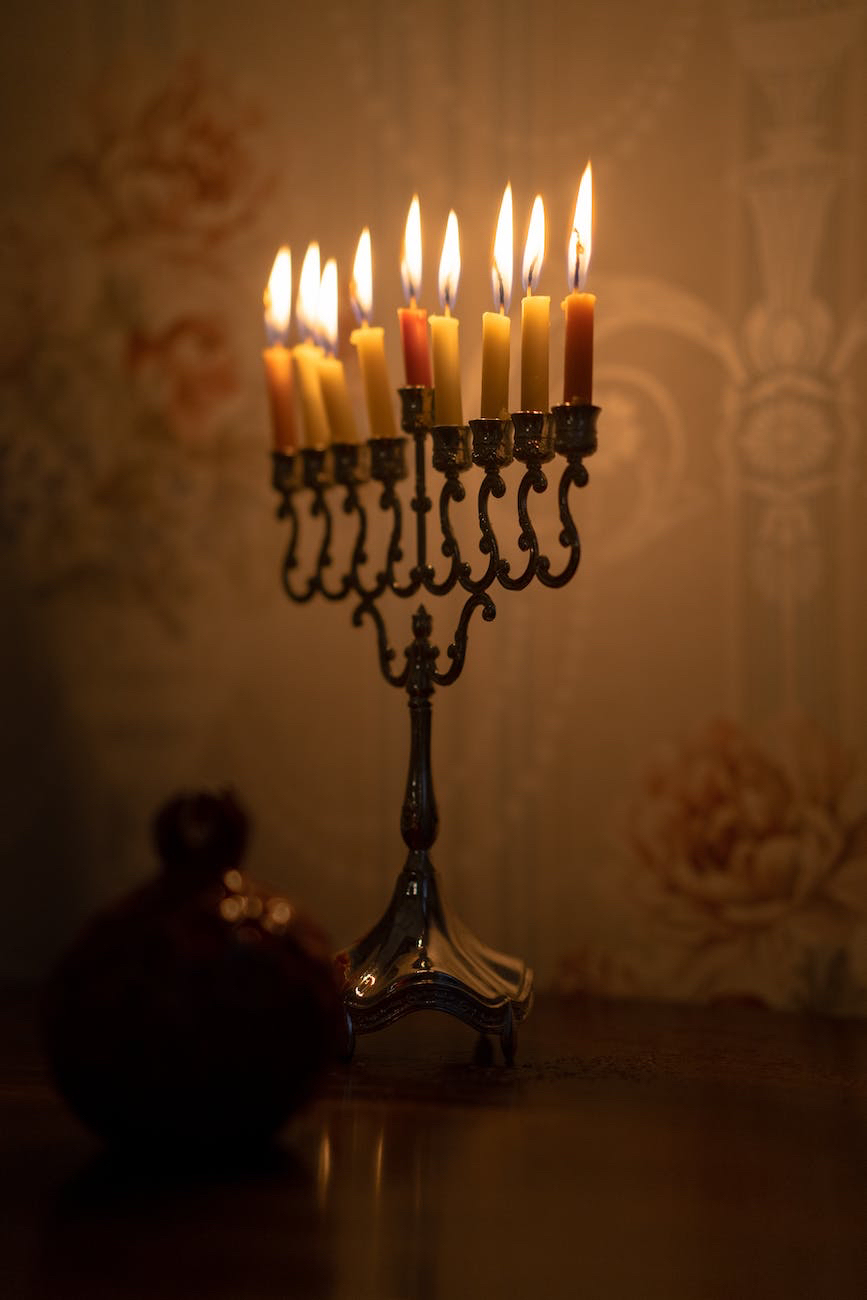Teshuva M’ahava & Ner Chanukah
There are times in history when we repent out of fear, and there are times when we repent out of love. We learn these attributes from the Avos.
The Bobover Ruv brings a Midrash to teach us this concept…
Hashem said to Reuven, ‘No one has ever sinned before me and subsequently repented. You were the first to do Teshuva. I promise you that your descendant will also open with Teshuva.’ This refers to the prophet Hoshea as it says (Hoshea 14, 2): ‘O Israel, return to Hashem your God’
Medrash Rabbah (84, 19)
What does this Midrash mean? The Ruv asks on it, pointing out the Gemara in Eruvin credits Adam HaRishon with tshuva and the Medrash teaches Kayin did tshuva as well. So, the question is well asked, how can Reuven be given credit for this if those before him did tshuva as well?
The Bobover Ruv discusses the pasuk that’s mentioned in the Medrash.
O Israel, return until HaShem your G-d.
Hoshea 14, 2
The Ruv asks, why does it say “until?” What’s the context?
The Shinover Ruv explains a statement of Chazal in his Agados, that the Gemara in Yoma says if one does tshuva out of love, then his transgressions become merits instead. If one does tshuva out of fear, then the transgressions are b’shogeg, unintentional acts.
According to the Divrei Yechezel, those who repent out of fear, they aren’t concerned with unintentional acts. They know punishment is only for b’mayzid, the intentional acts. There is no fear for b’shogeg. What is done out of ignorance is of no consequence to them since there is no consequence. One who does tshuva out of love, however, is concerned even with the collateral damage of their unintended actions.
Thus, the Ruv clarifies, this is the meaning of the word “until.” Tshuva out of fear is no longer a sufficient approach for yidden, and one should strive for tshuva m’ahava. Even our unintentional actions cause harm, even if they don’t come with consequence to ourselves. So, when we repent for even accidental wrongdoing because we want to be davuk to HaShem, and we regret the pain we caused HaShem, that is “until.”
The brothers repented for the harm they caused Yosef, but not the unintended consequence of the harm they caused their father, Yaakov Avinu. They never intended harm to their father but they failed to see the harm it would cause him. Reuven calls it out in the parsha, and his tshuva was for all consequences, those intended and those not. That is why the Medrash credits him with being the first to do tshuva, for his tshuva was that of a different level.
Tshuva m’ahava, according to the Ruv, isn’t about escaping punishment or judgment, or one’s own plight; it is about the ramifications of one’s actions.
Adam’s tshuva over the forbidden fruit was because of the punishment of losing Gan Eden. Kayin’s because of his curse to wander the earth. Reuven’s, however, was because of the unintended harm to others, not the risk to himself. His tshuva came before a threat of punishment or harm. As a result, he was blessed with Hoshea, who exhorts all yidden that tshuva needs to be on this higher level.
Rebbe Benzion Twerski adds that this parsha is uniquely connected to Chanukah. For this holiday, he writes, we seek to pull out all the stops, to have enhancement on top of enhancement (mehadrin min hamehadrin). The word mehadrin, according to the seforim, means tshuva, since in Aramaic the word means to return. Thus, we are to do a double return. Combining this with the words of the Ruv, we see how this is the gift we received from Reuven.
We receive Chanukah to do a double tshuva, and each night we add light to show that each step of mehadrin, we go closer in our tshuva mehadrin. Thus, our parsha is showing us the upcoming holiday is what was promised to us, and our enhancements to the holiday are a way of doing a deep and meaningful tshuva m’ahava.

